Author: Kent Larsen
-
Vote for Mormon of the Year 2013
This post opens the voting for Mormon of the Year. Votes will be taken until midnight Eastern Time on Tuesday, January 7th, at which time the voting will close. The voting mechanism will attempt to restrict votes to one per person. The order of the choices is set at random, and is different each time…
-
Update: Nominations for 2013 Mormon of the Year
For the past two weeks readers have made nominations and seconded nominations for the 2013 Mormon of the Year designation. So that the status of nominations and seconds are clear, I’ve compiled the list below of those who have been nominated and seconded (and who will therefore appear on the popular vote ballot), those who…
-
Literary Joseph Fielding Smith #02: A Stranger Star O’er Bethlehem
The second lesson in the Joseph Fielding Smith manual, used in Priesthood and Relief Society lessons in the coming year, discusses the life of Jesus Christ and his role in the plan of salvation; quite a lot to cover in a single lesson. In the texts included, Smith ranges from Christ’s birth as the only…
-
Literary OTGD #02: Shadows and Whisperings
Mormon beliefs about the pre-existence are an important part of our understanding of our purpose in this life and the meaning of the life to come. The beliefs covered in the second lesson in the Old Testament Gospel Doctrine manual, “fore-ordination” and the “war in heaven,” are no exception. But, it is also worth remembering…
-
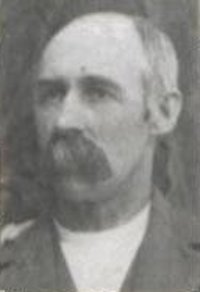
Literary Joseph Fielding Smith #01: O My Mother
The new Joseph Fielding Smith manual for the Relief Society/Priesthood lessons presents a minor logistical problem—it has 26 lessons, which may mean teachers will have to drop two of the lessons (since two lessons each month are taught from the manual). Because of this I will post poems for the next few weeks so that…
-
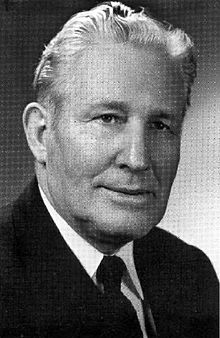
Literary OTGD #01: Metamorphosis
For the coming year, I’ve decided to post poetry for use in Sunday School and Priesthood/Relief Society classes two weeks ahead of when they would normally be used, instead of a week ahead as I’ve done in previous years. I’m doing this to allow teachers a bit more time to prepare and integrate the poetry…
-

Arm in Arm
We were headed to the car. As we left the building, my wife slid her arm in mine, in part because the sidewalk was still slick after the snowstorm earlier in the week. And when we reached the curb and waited for the light to cross the street, my personal space was invaded.
-
Nominate the 2013 Mormon of the Year
Since Time named its Person of the Year this past week, and named a religious figure at that, it must be time to select the Mormon of the Year.
-
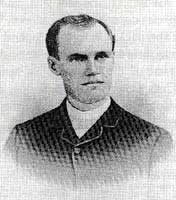
Literary Lorenzo Snow #24: Christ is Born, the Joyful Story
Finding Mormon poetry that talks about Christ is not hard at all. In fact, of all the Mormon poetry that I’ve read (considering only poems written by Mormon authors), the number of poems about Christ surpasses by far the number of poems about any other single individual. If this is a good proxy for what…
-
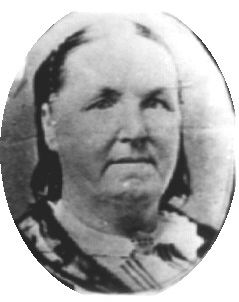
Literary Lorenzo Snow #23: Stanzas
There is no shortage of poetry about Joseph Smith, the subject of lesson 23 of the Lorenzo Snow manual. But Snow’s views on Joseph Smith are focused not on his martyrdom or on his role as the initial prophet of this dispensation. Instead, Snow focuses on Joseph Smith’s character—an unusual subject for the early Mormon…
-
Literary DCGD #46: Zion
Perhaps the most difficult issue in discussing the idea of Zion is defining exactly what we mean. Even though D&C Gospel Doctrine lesson #46 is titled “Zion—The Pure in Heart,” its first section is titled “The word Zion has several meanings” and lists no less than six. Of these, I’ve seen evidence in Mormon poetry…
-
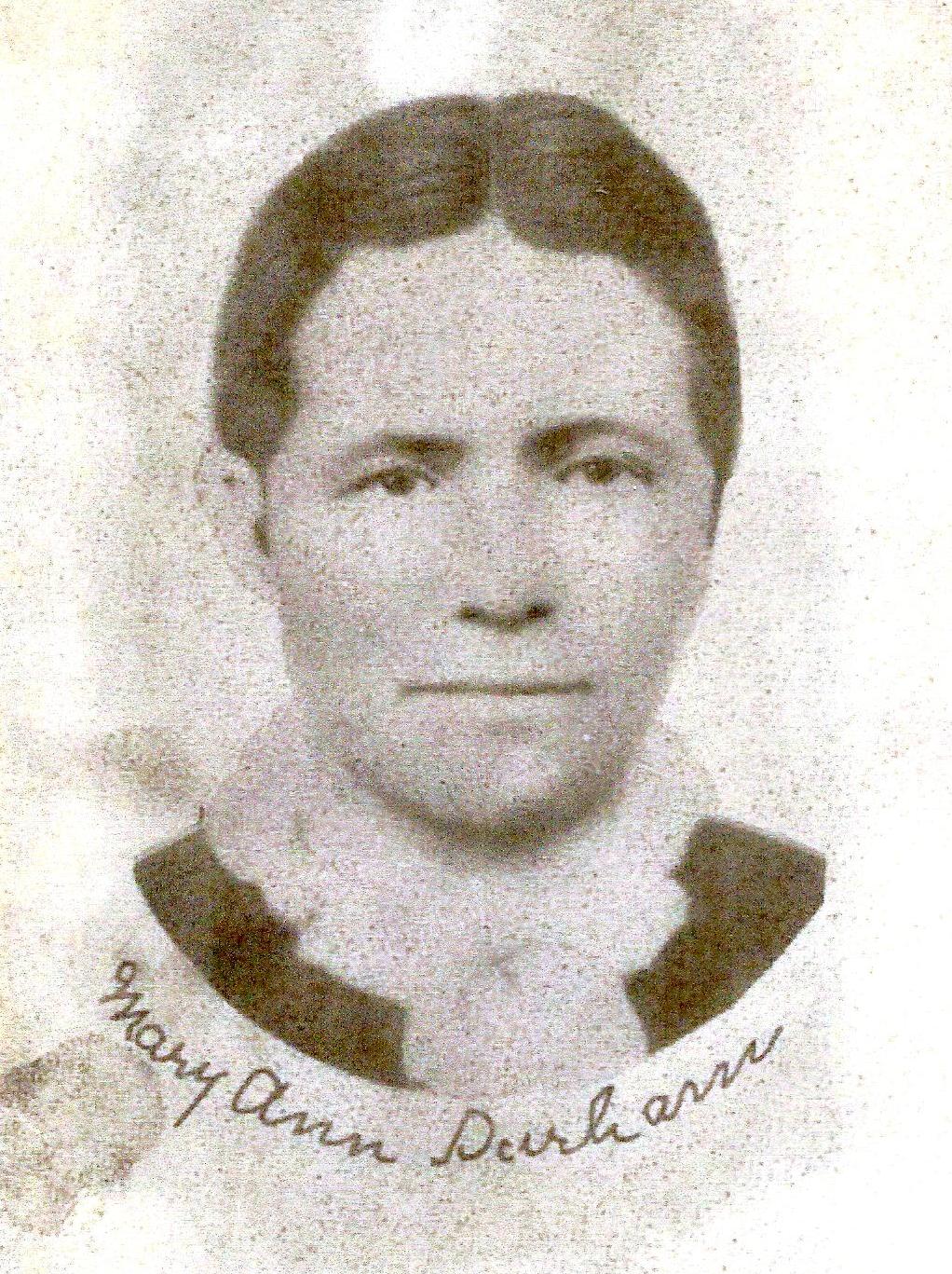
Literary DCGD #45: Marriage
The Mormon conception of marriage is central to our theology and understanding of the next life. We see marriage as the beginning of eternal families, and a key element of eternal progression. Doctrine and Covenants Gospel Doctrine lesson #45 explores this belief, but, I think, doesn’t quite get at how or why marriage might be…
-

Happy 10th Birthday, Times and Seasons
I’m not sure what it is about this time of year that leads to the anniversaries that we have this week. In the U.S. many are obsessed with the coming 50th anniversary of the assassination of John F. Kennedy. Today is the 150th anniversary of the Gettysburg Address, leading to an effort this year to…
-
Literary DCGD #44: The Nauvoo Legion
Mormons believe in being good citizens, and Doctrine and Covenants Gospel Doctrine lesson #44 discusses a little how that is supposed to work. We are supposed to participate, obey the law and to serve others in our communities. But are there limits on this responsibility? How much should we give to our communities? Are there…
-
Literary Lorenzo Snow #22: Remember the Poor
Its been a decade or more since practicing “random acts of kindness” became a kind of fad here in the U.S. I’ve always liked the concept, and I’ve practiced it on occasion. But I don’t think its a substitute for the kind of doing good to others that Lorenzo Snow manual lesson #22 is talking…
-
Literary DCGD #43: Entreaty
What exactly is the “whole armor of God?” Lesson 43 of the Doctrine and Covenants Gospel Doctrine manual explores this concept, drawing from D&C 27:15-18, and its inspiration, Ephesians 6:13-18. But while both these scriptural texts point to principles that represent various pieces of body armor, its sometimes hard to see how these principles actually…
-
Literary Lorenzo Snow #21: Real and Ideal
I’m usually a little uncomfortable when we discuss the evils of the world, as happens in Teachings of Lorenzo Snow lesson #21. Its not that I don’t see evil in the world, but its that I also see good there. And the optimist in me even sees some progress—the world getting better than it was.…
-
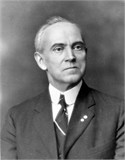
Literary DCGD #42: The Prophet Turned the Key
The Mormon belief in continuing revelation (the subject of Doctrine and Covenants Gospel Doctrine Lesson #42) is rare if not unique among Christian religions, and it is one of the features of Mormonism most promoted. What is perhaps less discussed is the range of meanings of this term in Mormonism. We use it to mean…
-
Literary DCGD #41: Lines on the Death of Lorenzo D. Barnes
The idea that every member is a missionary depends on a certain kind of commitment to the Church. For the Church to make the kind of progress outlined in D&C Gospel Doctrine Lesson 41 missionaries, even member missionaries, must be willing to make the sacrifices necessary. Recently, the level of commitment that some missionaries end…
-
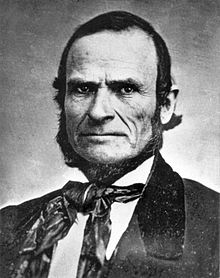
Literary DCGD #40: Baptism for the Dead
Temple and Family History work (discussed in Gospel Doctrine lesson #40) are perhaps the most unique of LDS doctrines. The doctrine behind them solves both the problem of making salvation universally available and the need for high-church ceremony in a religion that focuses on low-church ideals in its regular worship. The origin of this doctrine…
-
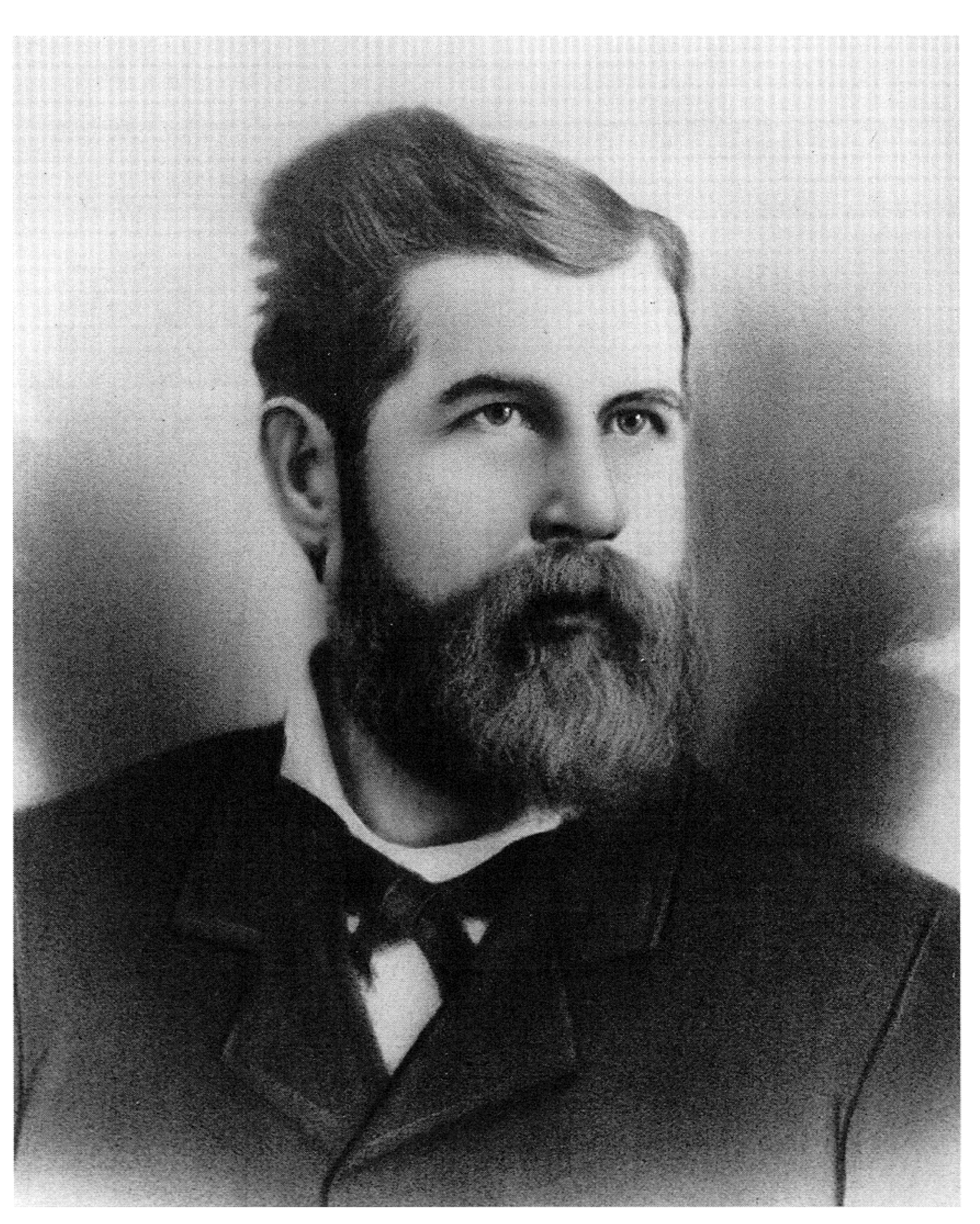
Literary Lorenzo Snow #20: A Marvel and a Wonder
We often use the phrase “a marvelous work and a wonder” to describe the restoration and subsequent spread of the gospel across the earth. And this work is marvelous and wonderful, as lesson 20 of the Lorenzo Snow manual discusses. As a story it has conflict and drama and surprise. And it is, I think,…
-
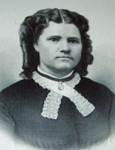
Literary DCGD #39: The Records of Our Dead
The doctrine of baptism for the dead is unique to Mormonism among religions today. Our focus on performing ordinances on behalf of those who haven’t been part of the Church in this life leads us to genealogical research to discover enough information to distinguish between individuals, and sometimes even allowing us to discover who our…
-
Sunday Afternoon Session
Conductinng: Elder Henry B. Eyring Elder Quentin L. Cook: Lamentations of Jeremiah: Beware Of Bondage Turning from the worship of the true and living God and worshipping false gods like wealth and fame and engaging in immoral and unrighteous conduct result in bondage in all its insidious manifestations. These include spiritual, physical, and intellectual bondage…
-
Sunday Morning Session
President Dieter F. Uchtdorf conducting. President Henry B. Eyring: To My Grandchildren I have seen those same tears of happiness in the eyes of someone who recounted the words of an apostle of God: He had said to her, after a searching and tender interview: “I forgive you in the name of the Lord. He…
-
Priesthood Session
President Henry B. Eyring conducting. Elder L. Tom Perry: The Doctrines and Principles Contained in the Articles of Faith This doctrine is to the Church like a battery is to a cell phone. When you remove the battery from your cell phone it becomes useless. A church in which true doctrine is no longer taught is…
-
Saturday Afternoon Session
President Uchtdorf conducting. President Henry B. Eyring: Sustaining votes of the General Authorities and Church Officers
-
Saturday Morning Session
President Eyring conducted this opening session. President Thomas S. Monson: Welcome to Conference I am happy to announce that two weeks ago the membership of the Church reached fifteen million. It has scarcely been one year since I announced the lowering of the age of missionary service. Since that time, the number of full-time missionaries…
-
Literary Lorenzo Snow #19: To Elder L. Snow
Lorenzo Snow lesson 19 highlights several purposes for missionary work in its collected statements from Snow’s discourses. Clearly bringing the gospel to others is the chief purpose of this effort. Snow also suggests in these statements that missionary work is a sacrifice that missionaries make when they are sent out into the world. Perhaps the…
-
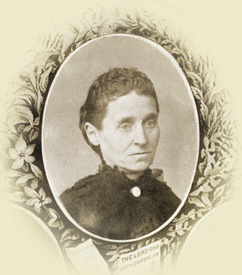
Literary DCGD #38: Song of the Sisters of the Relief Society
Often when we discuss the principles of welfare today, we talk as if the whole idea of welfare developed in the 1930s, along with the current program. In reality, before the current program caring for the needy, poor and promoting self-reliance were largely the purview of the Relief Society. And so it is a Song…
-
Literary DCGD #37: Lines suggested by reflections on Joseph Smith
In Mormonism our definition for the term Prophet is usually more specific than that employed outside of the Church. To us, a prophet is not only someone who has been inspired to prophesy, but it is also the president of the Church, the leader called to preside over the membership, the person who is to…
